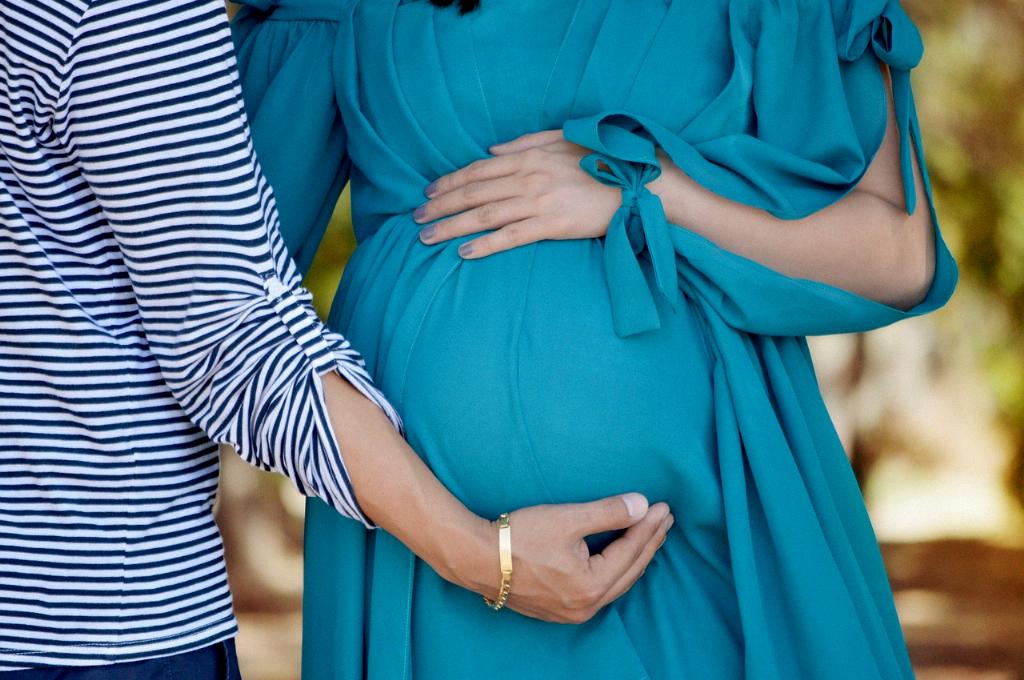When it comes to the safety of aluminum during pregnancy, it is essential to delve into the available scientific evidence to make informed decisions. Research suggests that oral exposure to aluminum during pregnancy can potentially lead to adverse effects on both the mother and the developing fetus.
Studies have indicated that aluminum exposure during pregnancy may result in a syndrome characterized by growth retardation, delayed ossification, and malformations. These effects were observed at aluminum doses that were also associated with reduced maternal weight gain, highlighting the importance of understanding the impact of aluminum intake during this critical period.
It is crucial to note that the severity of the effects of aluminum exposure during pregnancy appears to be closely linked to the chemical form of aluminum administered. Different forms of aluminum may have varying degrees of toxicity and effects on maternal health and fetal development.
As expectant mothers navigate concerns about aluminum safety, it is recommended to be mindful of potential sources of aluminum exposure in daily life. From food packaging to antacids, aluminum can be found in various products, raising questions about its impact on prenatal health.
While aluminum is a naturally occurring element in the environment and is present in many everyday items, including cookware and personal care products, it is essential to consider the cumulative exposure levels during pregnancy. Monitoring aluminum intake and being selective about product choices can help minimize potential risks.
Furthermore, consulting healthcare professionals for personalized guidance on aluminum safety during pregnancy is advisable. Obstetricians and prenatal care providers can offer insights tailored to individual health profiles and address specific concerns about aluminum exposure and its potential implications for maternal and fetal well-being.
Research into the effects of aluminum during pregnancy is ongoing, and new findings may continue to shape our understanding of its safety profile. Keeping abreast of the latest scientific developments and recommendations can empower expectant mothers to make informed choices regarding aluminum intake.
Considerations regarding aluminum safety extend beyond pregnancy to the broader context of maternal and child health. Understanding the potential risks associated with aluminum exposure can contribute to overall wellness strategies for mothers and families.
Ultimately, the question of whether aluminum is safe in pregnancy underscores the importance of awareness, precaution, and proactive healthcare decision-making. By staying informed and engaging with healthcare providers, expectant mothers can prioritize maternal and fetal health throughout the prenatal journey.
In conclusion, while the safety of aluminum during pregnancy is a topic of ongoing research and discussion, being mindful of potential risks and taking proactive steps to minimize exposure can be key components of maternal health practices. By considering the available evidence and seeking guidance from healthcare professionals, expectant mothers can navigate concerns about aluminum safety with knowledge and confidence.

